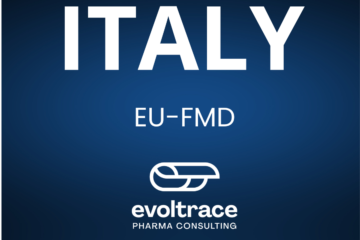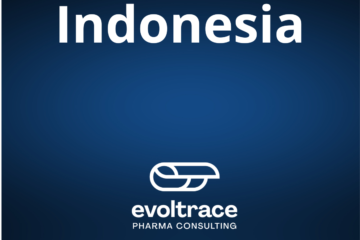Pharmaceutical Drug Traceability in the Kazakhstan: Comprehensive Overview
Steps of Serialization and Traceability in the Pharmaceutical Industry
The pharmaceutical industry faces numerous challenges, including regulatory scrutiny, patent cliffs, and complex supply chains. Drugs pass through various stages, from manufacturers to repackagers, dispensaries, and finally, patients. This extensive chain provides opportunities for counterfeit drugs to enter the market and legitimate drugs to be diverted. Additional pressures such as cost-cutting, demand for generics, drug shortages, and increased online buying further exacerbate the issue of counterfeit drugs.
The situation is particularly dire in former Soviet republics, where counterfeit drugs are more prevalent. In Kazakhstan, for example, an estimated 10-12% of drugs are counterfeit. To combat this, the Kazakh government has planned to introduce mandatory drug labeling and a tracking system by 2023. Here’s a comprehensive overview of the developments in pharmaceutical serialization and traceability in Kazakhstan.
Pharma Serialization in Kazakhstan
Kazakhstan has been developing mandatory labeling since 2016, initially for tobacco products and shoes, followed by pharmaceuticals in 2018. Regulation No. KR DSM-11, adopted on January 27, 2021, set the stage for the labeling project, initially planned for July 1, 2022, with phased introduction for prescription and OTC medicines. The timeline has since been adjusted.
Updated Timeline for Serialization
- July 1, 2024 – Stage 1: Mandatory labeling for all medicinal products.
- July 1, 2024 – Stage 2: Serialization of medicinal products purchased by the state (40% market share).
- January 1, 2025 – Stage 3: Serialization of all prescription medicines (30% market share).
- July 1, 2025 – Stage 4: Serialization of all OTC medicines (30% market share).
Medicines produced and imported/sold in Kazakhstan before July 1, 2024, are exempt from these requirements.
DataMatrix Code Structure
Kazakhstan’s DataMatrix code is similar to the Russian Crypto Code and other Eurasian Economic Union codes. It includes:
- GTIN (Global Trade Item Number): 14 numeric characters.
- Serial Number: 13 alpha-numeric characters.
- Crypto Key: 4 alpha-numeric characters.
- Crypto Code: 44 alpha-numeric characters.
These codes are essential for both online and offline verification and are managed by the IS MPT reporting system, priced at 2.68 tenge (€0.0056).
Serialization Process
- Manufacturers: Apply codes to each package and send them to distributors.
- Distributors: Scan and send products to retailers.
- Retailers: Scan codes on arrival and at checkout, deactivating the codes.
- Consumers: Use the NAQTY ÓNIM app to verify product authenticity.
Centralized Reporting System (IS MPT)
Operated by Kazakhtelecom JSC, the IS MPT is akin to Russia’s CRPT, issuing crypto codes and supporting apps like NAQTY ÓNIM for consumer verification and NAQTY SAUDA for retail scanning. This system is also used for tracking other products such as dairy, alcohol, and tobacco, aiming to reduce counterfeit products by 50% by 2025.
Aggregation Guidelines
The final stage in pharmaceutical track-and-trace is aggregation, which involves assigning unique serial numbers to each level of packaging (carton, pallet, container). This allows detailed tracking and tracing, significantly enhancing anti-counterfeiting measures. While Kazakhstan’s Ministry of Health has provided guidelines for serialization and labeling, details on future aggregation plans are still awaited.
Conclusion
Kazakhstan’s efforts to introduce mandatory serialization and traceability for pharmaceuticals are a significant step towards combating counterfeit drugs. With phased implementation starting in 2024, the comprehensive system aims to ensure the integrity of the pharmaceutical supply chain. The centralized reporting system and the use of DataMatrix codes will facilitate transparent tracking from manufacturers to consumers, enhancing drug safety and authenticity.
How Evoltrace Can Help
Evoltrace offers serialization consulting, implementation, and integration services to help clients manage end-to-end serialization projects. Our expertise in compliance regulations across various markets enables us to support the implementation of Kazakhstan’s pharmaceutical serialization requirements. Our team combines extensive knowledge in product serialization, pharmaceutical supply chains, life sciences, and brand integrity to provide effective solutions.
Disclaimer: This information is provided ‘As Is’ and does not constitute legal advice. Users should refer to the source material for complete requirements and form their own interpretations before making business decisions.


